Listeners:
Top listeners:
00:00
00:00
volume_up
chevron_left
-
THERMAL Radio Our Tracks Are Hot
-
Life Improvement Radio Enhancing Lives Daily
-
Untethered Radio (18+) Mature Content For Immature Audiences
-
Pharmacy Radio Network Exploring The Pharmacy Industry
-
CareONE Radio Tomorrow's Healthcare Information Today
-
6Pack Sports Radio Sports. Beer. Dadbods.
-
Entrepreneur Radio Business News Daily
-
Charitable Works Telling Stories That Make A Difference
-
Live News Updates Top News Headlines Daily











